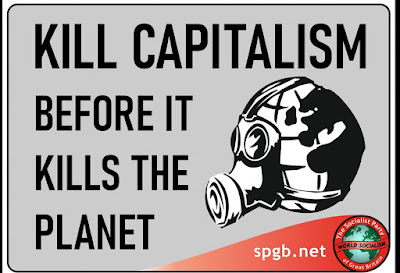“The climate crisis is killing us,” said the UN secretary general, António Guterres, responding to the report. “It is undermining not just the health of our planet, but the health of people everywhere – through toxic air pollution, diminishing food security, higher risks of infectious disease outbreaks, record extreme heat, drought, floods and more.” He added, “The science is clear: massive, commonsense investments in renewable energy and climate resilience will secure a healthier, safer life for people in every country.”
A report, by the Lancet Countdown group on health and climate change, is titled Health at the Mercy of Fossil Fuels, produced by almost 100 experts from 51 institutions spanning every continent says urgent, health-centred action to tackle global heating could save millions of lives a year and enable people to thrive rather than just survive, with cleaner air and better diets. The health of the world’s people is at the mercy of a global addiction to fossil fuels, according to a study. The report tracks 43 health and climate indicators, including exposure to extreme heat. It found that heat-related deaths in the most vulnerable populations – babies under a year old and adults over 65 – increased by 68% over the past four years compared with 2000-04.
The analysis reports an increase in heat deaths, hunger and infectious disease as the climate crisis intensifies, while governments continue to give more in subsidies to fossil fuels than to the poorer countries experiencing the impacts of global heating. The Lancet report also found that 80% of the 86 governments assessed were subsidising fossil fuels, providing a collective $400bn in 2019. These subsidies were bigger than national health spending in five countries, including Iran and Egypt, and more than 20% of health spending in another 16 countries.
The climate emergency is compounding the food, energy and cost of living crises, the report says. For example, almost half a trillion hours of work were lost in 2021 due to extreme heat. This mostly affected agricultural workers in poorer countries, cutting food supplies and incomes.
Dr Marina Romanello, the head of the Lancet Countdown and at University College London (UCL), said: “We are seeing a persistent addiction to fossil fuels. Governments and companies continue to favour the fossil fuel industry to the detriment of people’s health. Heatwaves are not only very uncomfortable, they are lethal for people that have increased vulnerabilities.”
Extreme heat also led to people being unable to work, with 470bn labour hours lost globally in 2021.
“This is about a 40% increase from the 1990s and we estimate the associated income and economic losses at about $700bn,” she said. About 30% more land is now affected by extreme drought events, compared with the 1950s.
These impacts are leading to growing hunger, the report says. Hot periods in 2020 were associated with 98 million more people unable to get the food they needed, compared with the average from 1981-2010, and the proportion of the global population enduring food insecurity is also rising.
“The largest driver of this is the changing climate,” Romanello said.
Prof Elizabeth Robinson at the London School of Economics said: “This is particularly concerning given that global food supply chains have this year once again been revealed to be highly vulnerable to shocks [such as the war in Ukraine], manifesting in rapidly increasing food prices.”
The report also recorded the impact of the climate crisis on infectious diseases, finding that the periods when malaria could be transmitted became 32% longer in upland areas of the Americas and 15% longer in Africa over the past decade, compared with the 1950s. The likelihood of dengue transmission rose by 12% over the same period.
The report says the strategies of the 15 biggest oil and gas companies remain sharply at odds with ending the climate emergency, “regardless of their climate claims and commitments”.
Prof Paul Ekins at UCL said: “Current strategies from many governments and companies will lock the world into a fatally warmer future, tying us to the use of fossil fuels that are rapidly closing off prospects for a liveable world.”
Rapidly cutting fossil fuel burning would not only reduce global heating but deliver immediate health benefits, Romanello said, such as preventing a million or more early deaths caused by air pollution a year.
A move to more plant-rich diets in developed countries will halve emissions from red meat and milk production and prevent up to 11.5 million diet-related deaths a year, the report says.
"...We must change, otherwise our children face a future of accelerated climate change, threatening their very survival,” said Prof Anthony Costello, the co-chair of the Lancet Countdown.
Global health at mercy of fossil fuel addiction, warn scientists | Climate crisis | The Guardian


No comments:
Post a Comment